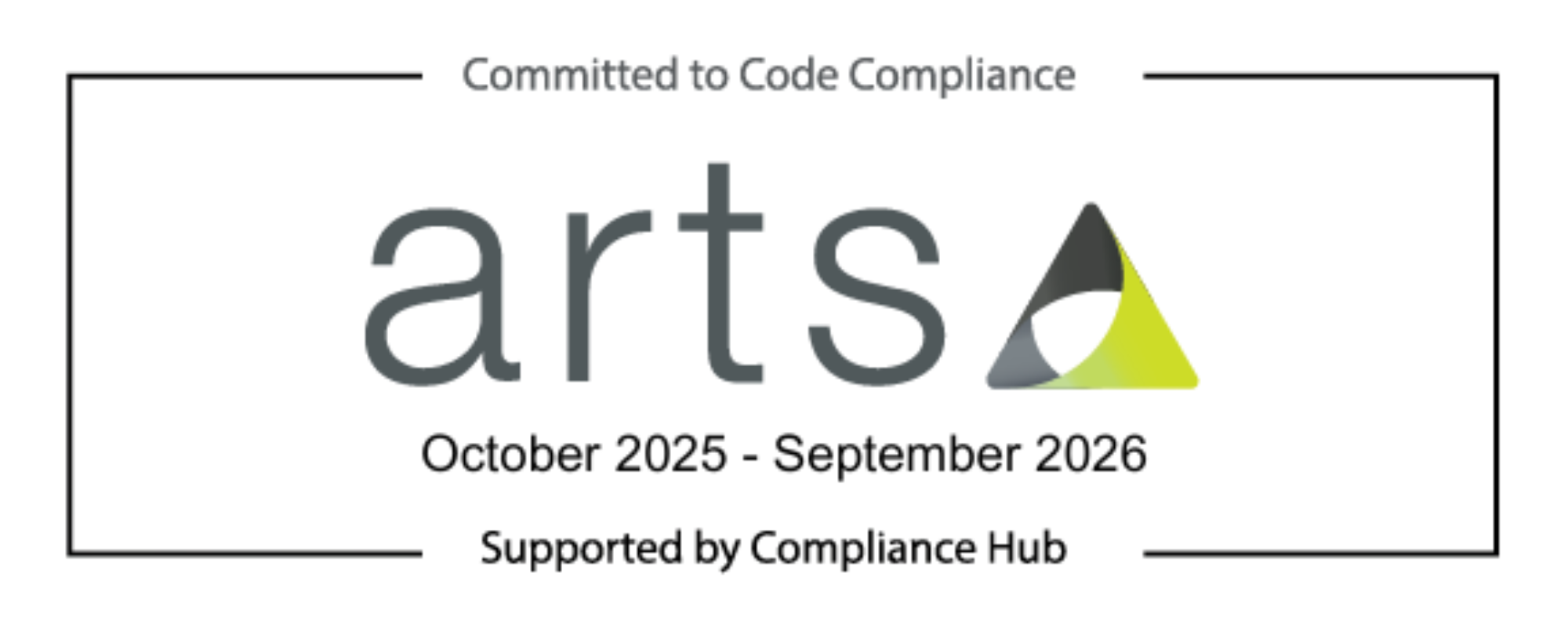Can other regions learn from North East and North Cumbria's approach to medicines optimisation?
The North East and North Cumbria (NENC) Integrated Care System (ICS) has launched an ambitious ten-year plan medicines strategy delivery plan aimed at transforming how medicines are prescribed, used and valued in the region. The plan sets out our key goals to help people live longer, healthier lives, tackle the region's biggest killers, reduce inequalities and improve health and care services by focusing on prevention, better prescribing, patient safety and best value for money.
With medicines accounting for £17.4 billion annually across the NHS, and £1 billion spent on medicines across NENC each year, safe and effective medicine use is a both a national and regional priority. However, this regional strategy is not just about saving money, it’s about improving lives and reducing harm to ensure ‘Better health and wellbeing for all' their communities as public health in the region is amongst some of the worst in the country.
The NENC region, in particular, grapples with high levels of multimorbidity, stark health inequalities and polypharmacy, meaning the challenges facing medicines optimisation teams are substantial. So what can other regions learn from the NENC model that acknowledges regional complexity while contributing to broader system-wide goals?
Reducing overprescribing
With around 10% of prescribed medicines considered unnecessary and rising polypharmacy a growing concern, the NENC plan prioritises safer, more personalised prescribing. The goal is not to cut medicines arbitrarily, but to ensure they are truly needed and regularly reviewed. By supporting clinicians to deprescribe safely and engaging patients in these decisions, the plan aims to reduce side effects, hospital admissions and medicine waste. Other regions might reflect on how well their current systems support this proactive medication review at scale and how this should involve different care settings.
Reducing overuse of antibiotics
Antibiotic resistance remains a global threat, and a top national priority is stewardship around such antibiotic use. Nearly 1 in 5 prescriptions for antibiotics in the region are thought to be unnecessary. NENC’s strategy addresses this by encouraging clinically appropriate use based on patient education but strong local stewardship systems. This raises broader questions for the pharmacy leaders elsewhere to ensure similar structures in place elsewhere and how visible they are.
Reducing dependence on pain medicines
With nearly 120,000 people in the region using opioids and most for longer than six months, the risks of long-term dependence are high. The NENC plan advocates a shift towards safer alternatives, supported tapering and frequent medication reviews, which requires a cultural as well as clinical change.
Improving cardiovascular and diabetes treatment
Cardiovascular disease remains a major cause of premature death in the North East, accounting for 24% of deaths in the area. The strategy identifies a significant treatment gap for thousands of high-risk individuals not receiving the appropriate treatment for blood pressure, cholesterol or diabetes. Addressing this is not just about prescribing more, but prescribing better, with robust follow-up and monitoring. Regions with similar health profiles may benefit from examining how data-driven and disease focused approaches can target and close such care gaps.
Reducing respiratory admissions through better medicines use
Asthma and COPD rates are high in the region, yet many patients remain over-reliant on reliever inhalers instead of using preventers effectively. The plan includes a focus on inhaler technique and greener inhaler options to improve treatment to help lower hospital admissions for breathing problems. From this, could other systems do more to embed pharmacy and sustainability-led respiratory reviews into routine care for this group of patients?
Improving mental health medicines use
Long-term antidepressant use without regular review is widespread, with more than 10% of people in the region taking antidepressants for a long period of time. The strategy supports a more holistic view of mental health treatment, emphasising the need for regular reviews and alternative non-pharmacological interventions.
In a region with some of the widest health disparities in England, the plan highlights how medicine access and effectiveness must be viewed as an opportunity to tackle health inequalities. The call for smarter, more restrained use of medicines means advocating for personalised deprescribing that is safer for patients and more sustainable for the system. From this, other regions could benefit from similarly nuanced, patient-centred approaches.
The clear focus on informed choices and health literacy in the plan could provide a blueprint for truly collaborative pharmacy practice across the UK. The next steps for senior pharmacy leaders in other regions and systems mean exploring if integrated medicines strategies can be developed with the same clarity of purpose and regional specificity elsewhere, as well as how national frameworks can better support local and regional innovation in medicines optimisation.
Read the full strategy here: https://northeastnorthcumbria.nhs.uk/about-us/corporate-information/strategies/medicines-strategy/


 London
London


